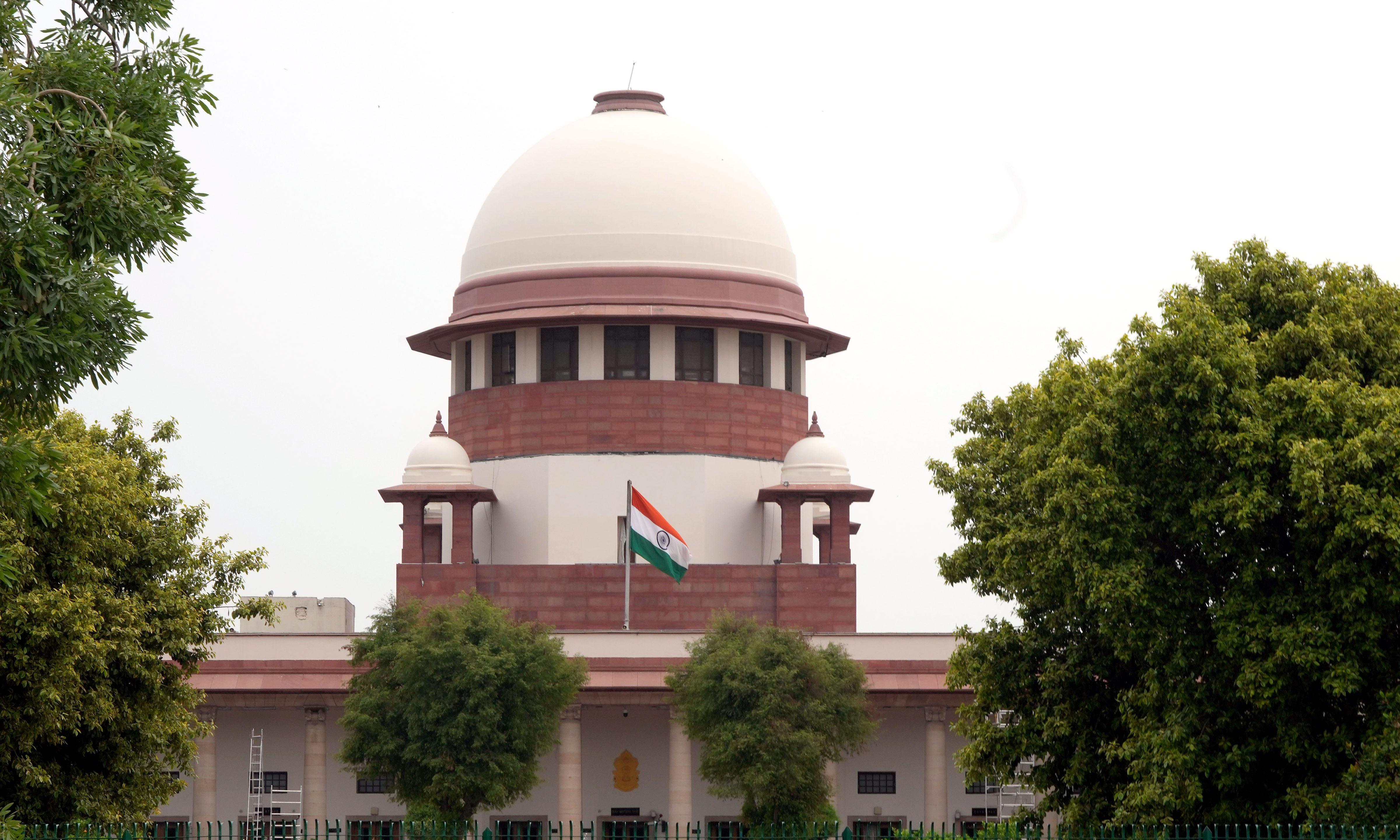
New Delhi: The continued unhygienic state of washrooms in court complexes across the country constitutes a persistent violation of the fundamental rights and the right to dignity of all users, including judges, advocates, litigants and staff, according to status report filed on behalf of different High Courts before the Supreme Court.
The apex court was informed that the poor condition of washrooms, even in High Courts in metropolitan cities, was not an isolated incident but showed a systemic and administrative failure in allocating funds, enforcing maintenance contracts and ensuring accountability.
The status report said: “The existing infrastructure fails to meet the standards of a modern and inclusive public utility; it directly implicates the failure to ensure public health and sanitation. The absence of facilities for persons with disabilities (PwD) in major High Courts and district courts constitutes a violation of their right to equality and non-discrimination, mandated by the Rights of Persons with Disabilities Act; this lack includes non-compliant construction, absence of ramps, support bars, and appropriate turning for wheelchairs.”
The top court was told that the failure of most courts to provide separate and gender-neutral/inclusive washrooms for the third gender disregarded the fundamental rights and dignity.
“The lack of functional crèche/childcare facilities (even where established) negatively impacts the right to practice a profession for female advocates and staff who are mothers, creating a barrier to gender equality in the legal profession,” the report said.
The report said the situation was most critical in the subordinate judiciary, reflecting a profound infrastructure inequity. “There is a need for micro-level development. What is required is decentralised implementation, focusing on local needs assessment, specific budget allocation, and community-level oversight to ensure functional water supply, plumbing, and daily cleaning contracts for every single court complex,” it said.
The submissions were made in a PIL filed by lawyer Rajeeb Kalita.
The top court had on January 15 passed a slew of directions, saying the availability of public toilets is an important duty of the State governments and Union territories and steps need to be taken to ensure that such facilities are accessible to all.
Issuing a slew of directions, the apex court asked all High Courts, state governments and UTs to ensure the availability of separate toilet facilities for men, women, transgender persons, persons with disabilities, in all court premises and tribunals across the country.
Disclaimer : This story is auto aggregated by a computer programme and has not been created or edited by DOWNTHENEWS. Publisher: deccanchronicle.com





